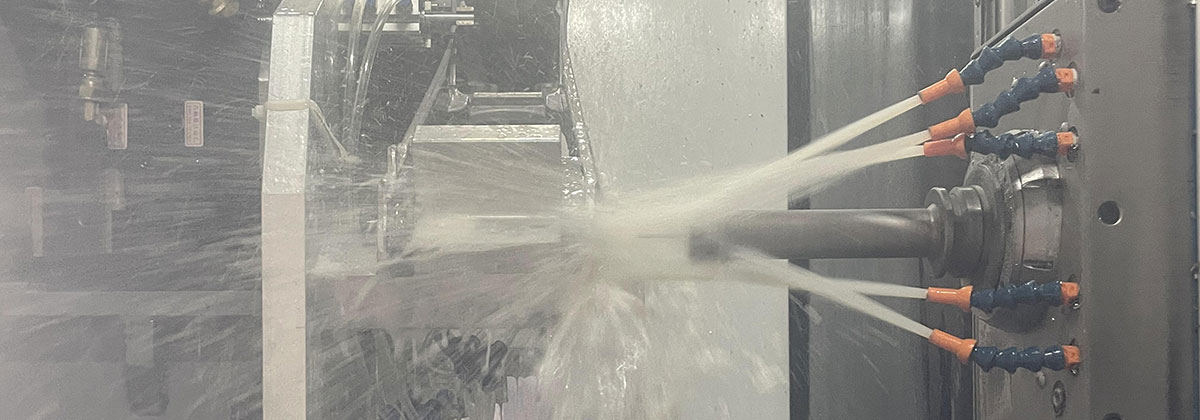When it comes to cookware, two popular options that often come up in discussions are cast aluminum and cast iron. Both materials have their own unique qualities and benefits, making it important to understand the differences between them in order to make an informed decision about which one is right for you. In this article, we will compare cast aluminum and cast iron in terms of their heat conductivity, weight, durability, and maintenance requirements.
Heat Conductivity:
One of the key differences between cast aluminum and cast iron is their heat conductivity. Cast aluminum is known for its excellent heat conductivity, which allows for quick and even heating of the cookware. This property makes cast aluminum ideal for tasks that require precise temperature control, such as sautéing or frying. On the other hand, cast iron has lower heat conductivity compared to cast aluminum. However, once heated, cast iron retains heat for a longer period of time, making it great for slow cooking or searing.
Weight:
Another important factor to consider is the weight of the cookware. Cast aluminum is significantly lighter than cast iron, making it easier to handle and maneuver in the kitchen. This can be particularly beneficial for individuals with limited strength or mobility. On the contrary, cast iron is known for its heavy weight, which can be a disadvantage for some people. However, the weight of cast iron also contributes to its heat retention properties, as mentioned earlier.
Durability:
Both cast aluminum and cast iron are known for their durability, but they have different characteristics in this aspect. Cast aluminum is less prone to rust and corrosion, making it suitable for outdoor cooking or humid environments. It is also less likely to chip or crack compared to cast iron. Cast iron, on the other hand, is extremely durable and can last for generations if properly cared for. It is resistant to scratches and can withstand high heat, making it a popular choice for intense cooking methods such as broiling or baking.
Maintenance:
In terms of maintenance, cast aluminum is generally easier to care for compared to cast iron. Cast aluminum cookware is typically nonstick, which makes cleaning a breeze. It can be washed with regular dishwashing soap and water without the need for much scrubbing. Cast iron, on the other hand, requires special care to maintain its seasoning and prevent rust. It should be hand washed, dried immediately, and seasoned regularly with oil to prevent food from sticking and to maintain its nonstick properties.
In conclusion, the choice between cast aluminum and cast iron ultimately depends on your cooking preferences and needs. If you value quick and even heat distribution, lightweight cookware, and easy maintenance, then cast aluminum may be the right choice for you. On the other hand, if you prefer long heat retention, durability, and are willing to put in the extra effort for maintenance, then cast iron might be the better option. Whichever material you choose, both cast aluminum and cast iron can be excellent choices for high-quality cookware that will enhance your cooking experience.
-

- high precision die-casting steering wheel for automotive
-

- Basikal Sukan Kanak-Kanak Berkualiti Tinggi Basikal Imbangan Kanak-kanak Basikal Kanak-Kanak
-

- Customized die-casting parts&components
-

- Factory Custom China Bmx Cycles Road Sport Kids Bicycle 12 16 18 20 Inches Cycle Mtb For Kids 6-10 Year
-

- Magnesium Aluminum Alloy Children Bike 3-8 Years Old Cheap Hot Sale 14 Inch Children Bicycle FOREVER Wholesale 2022
-

- OEM die-casting components & parts

 0086-750-5616188
0086-750-5616188 +86 13392089688
+86 13392089688 sales@zhongmei-tech.com
sales@zhongmei-tech.com









